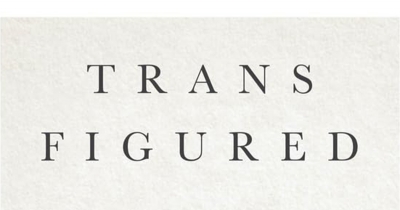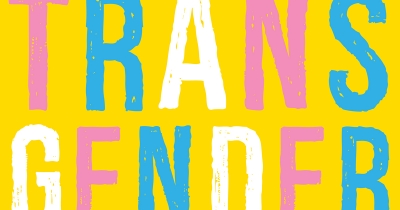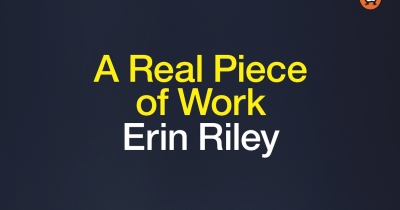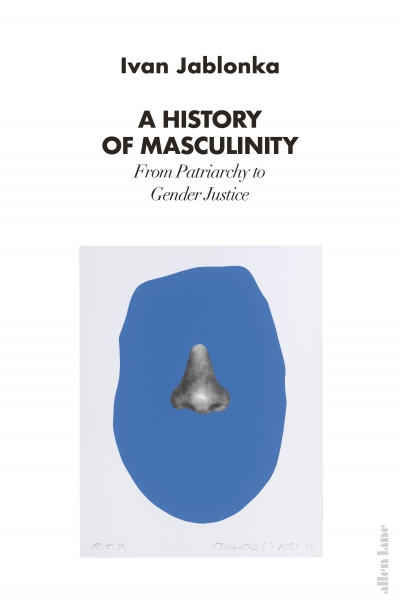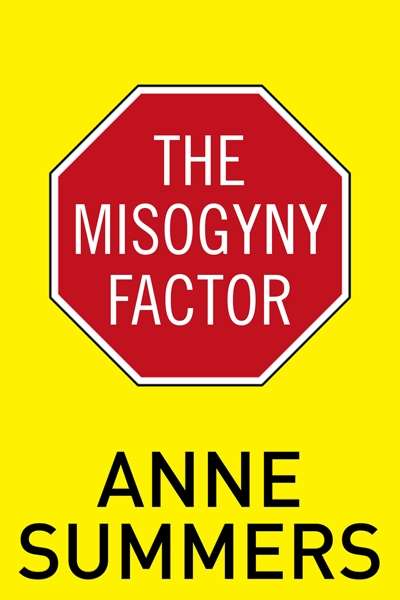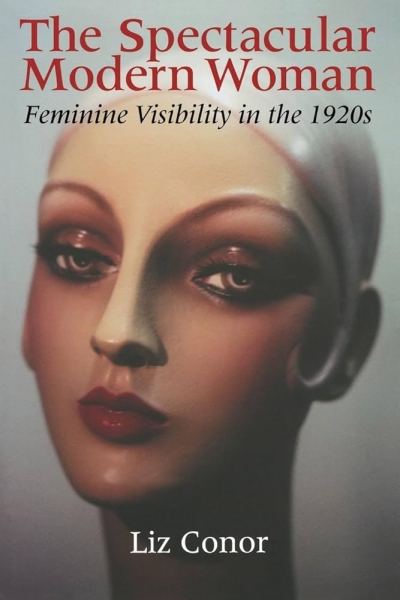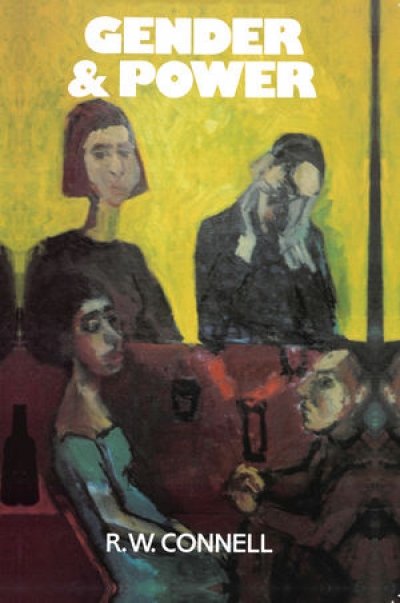The history of fifteenth-century Florence is indissolubly linked to the Medici, the political bosses and patrons of the arts who presided over the city-state’s Renaissance. The names of Cosimo, Lorenzo and Giovanni, known to God and the world as Pope Leo X, immediately come to the fore in any discussion of Renaissance Italy. Rarely heard are the names of their female kin: Contessa de’ Bardi, wife of Cosimo the Elder and republican matron; Lucrezia Tornabuoni, mother of Lorenzo il Magnifico, and vernacular poet; Lorenzo’s daughters; Lucrezia Medici Salviati and Contessa Medici Ridolfi; his daughter-in-law, the despised Alfonsina Orsini Medici; or of his granddaughter, Maria Salviati Medici, who worked so assiduously to secure the future of her son, Cosimo, Grand Duke of Florence.
In The Medici Women, Natalie Tomas seeks to explore the political and cultural influence of these Florentine matriarchs who, by birth or marriage, were at the centre of the Medici clan. She investigates why and how certain Medici women were able to utilise power and influence contemporary perceptions and representations of their authority.
...
(read more)

